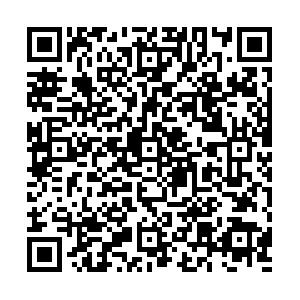摘要:
考察大学生焦虑与功能失调性态度在应激生活事件与攻击性之间的中介效应与调节效应,为预防大学生攻击行为提供参考.方法 采用贝克焦虑量表、功能失调性态度量表、青少年生活事件量表、Buss和Perry攻击问卷中文版的量表对山东省内12所高校991名在校本科生进行现场问卷调查,中介和调节效应检验基于Hayes的方法.结果 不同性别大学生攻击性得分差异有统计学意义(Z=15.903,P<0.01).控制性别因素时,焦虑情绪和功能失调性态度在应激生活事件和攻击性之间起部分中介作用,经由焦虑情绪产生的标准化间接效应为0.09,经由功能失调性态度产生的标准化间接效应为0.11(P值均<0.01).焦虑情绪调节应激生活事件和攻击性之间的关系(△R2=0.010,P<0.01).结论 焦虑情绪和功能失调性态度在预防攻击性的产生中起到了重要的作用.在探究应激生活事件对个体攻击性影响中,应考虑加入情绪和认知因素.
Abstract:
Objective To explore the mediation and moderation effects of anxiety and dysfunctional attitude in the relationship between stress life events and aggression,and to provide basis for aggression prevention among college students.Methods A total of 991 college students from 12 universities in Shangdong province were investigated with Beck Anxiety Scale (BAI),Dysfunction Attitude Scale (DAS-A),Adolescent Self-Rating Life Events Check List (ASLEC),and Buss Perry Questionnaire-Chinese version (AQ-CV).The mediation/moderation tests were based on Hayes' method.Results There were significant sex differences in aggression(Z=15.903,P<0.01).While sex was controlled,the relationships between stress life events and aggression were partially mediated by anxiety and dysfunctional attitude.The standardized indirect effects was 0.09 via the anxiety,and 0.11 via dysfunctional attitudes).Anxiety was a moderator of the relationship between stress life events and aggression(△R2=0.010,P<0.01).Conclusion Anxiety and dysfunctional attitude should be considered as important associated factors for aggression among college students.Targeting stress life events alone is not sufficient enough for aggression prevention,equal attention should be paid to perceptual and emotional factors.

 点击查看大图
点击查看大图





 下载:
下载: